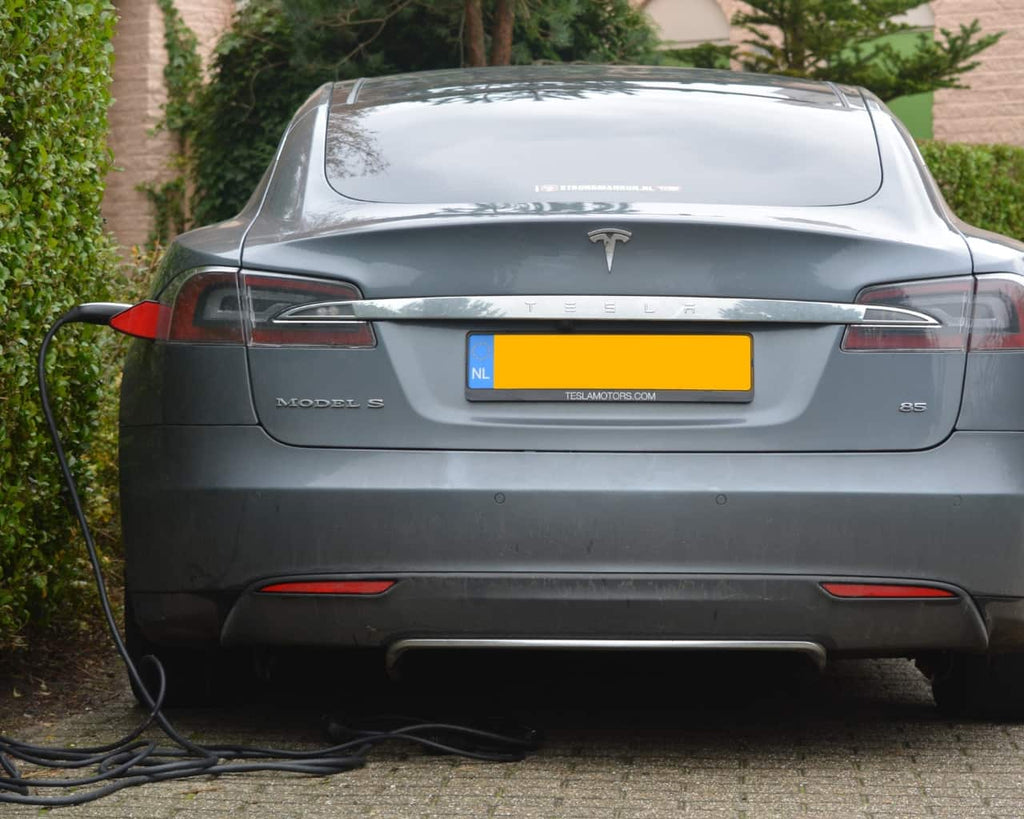EV Drivers Pay 10 Percent Less To Power Their Home!
EV drivers pay the equivalent of 11 months instead of 12 months of electricity to power their home.
Yes, you heard it, EV drivers save up to 10%.
There are a lot of discussions on social media about the cost of driving an EV. You can also find some monthly articles that explain the economic aspects of owing an EV. However, no one has looked at the impact of EV charging has on your home electricity bill.

EV Charging Cost at Home
If you look at the question from a cost accounting perspective, then you come up with a different answer on what it cost to power your EV.

Since cost accounting looks at the direct and indirect expenses as well incremental savings it’s a more holistic approach. Hence, let’s dig deeper into the math.
What Is A Delivery Charge?
Please look at the example:
Our EV driver lives in Toronto, Ontario and has Toronto Hydro as their electricity provider. The Toronto Hydro bill is made up of two main components: the price you pay for electricity and the price you pay to have that electricity delivered to your home, called the Delivery Charge You can make sure by looking at the Toronto Hydro bill here:
Naturally, the charge for the electricity consumption is a Variable charge. The more you consume, the more you pay! Therefore, having an EV charging at home will increase your electricity bill. However, what about the delivery charge?
Breakdown Of the Delivery Charge
To understand what’s included in the Deliver charge you need to look here, on Toronto Hydro's website.
It turns out that C$40.70 of the Delivery charge is fixed. This means, regardless of your consumption you get charged C$40.70 every month. So, our Toronto EV driver pays a Variable charge and a Fixed charge.
Why would a user decide to purchase an EV and how might it impact their bills when EV charging as well as powering the rest of the house?
Estimating Home Electricity Expenses
To answer the above question, we need to look at a few more numbers. According to the Ontario Energy Board, the body that regulates electricity prices in Ontario, a typical homeowner uses 750 kWh per month on average.

So, if we divide the delivery charge of C$40.70 by 750 kWh, this is equivalent to 5.43 ¢/kWh. Using the OEB bill calculator a Toronto Hydro customer would pay C$113.15 plus tax every month for 750 kWh. This works out to 15.09 ¢/kWh.
A typical EV driver consumes 3,000 to 4,500 kWh per year commuting, that’s on average 300 kWh per month. When we combine the residential consumption of 750kWh with the EV consumption the total would increase to 1,050kWh/month. This takes the delivery charge per kWh from 5.43¢ to 3.88¢ since it’s a fixed amount.
Now let’s put all these numbers together. Remember, we are just isolating the impact on your electricity portion of the bill, not the total bill. The result is that the Deliver Charge gets spread, or shared, between your Home and your Car. The result is, EV Drivers save 10% on electricity to power their home!
| Cost to Power your home | ||
| Before EV (¢/kWh) | After EV (¢/kWh) | |
| Delivery | 5.43 | 3.88 |
| Electricity | 9.66 | 9.66 |
| Total | 15.09 | 13.54 |
Savings of 10%, or 1.55 ¢/kWh, Or C$139.5 per year (750kWh * 12 *0.0155).
Equivalent to ONE Month!
Don’t miss our future posts, please follow us here. Thank you and see you soon!








Leave a comment